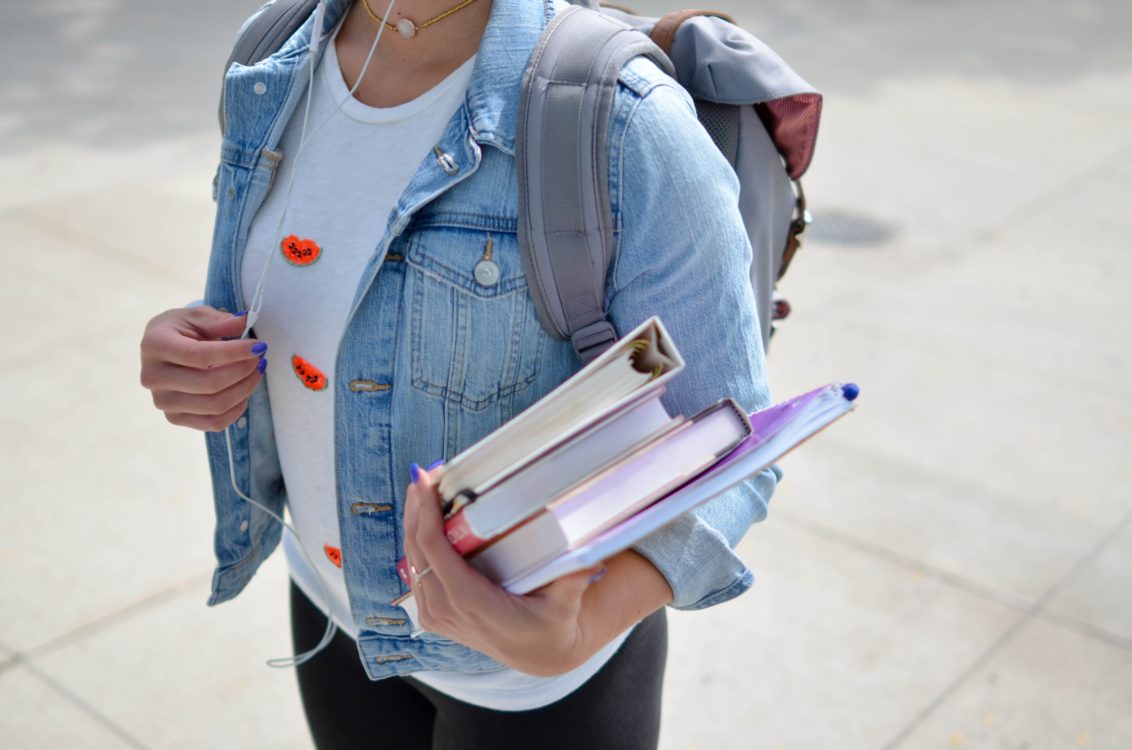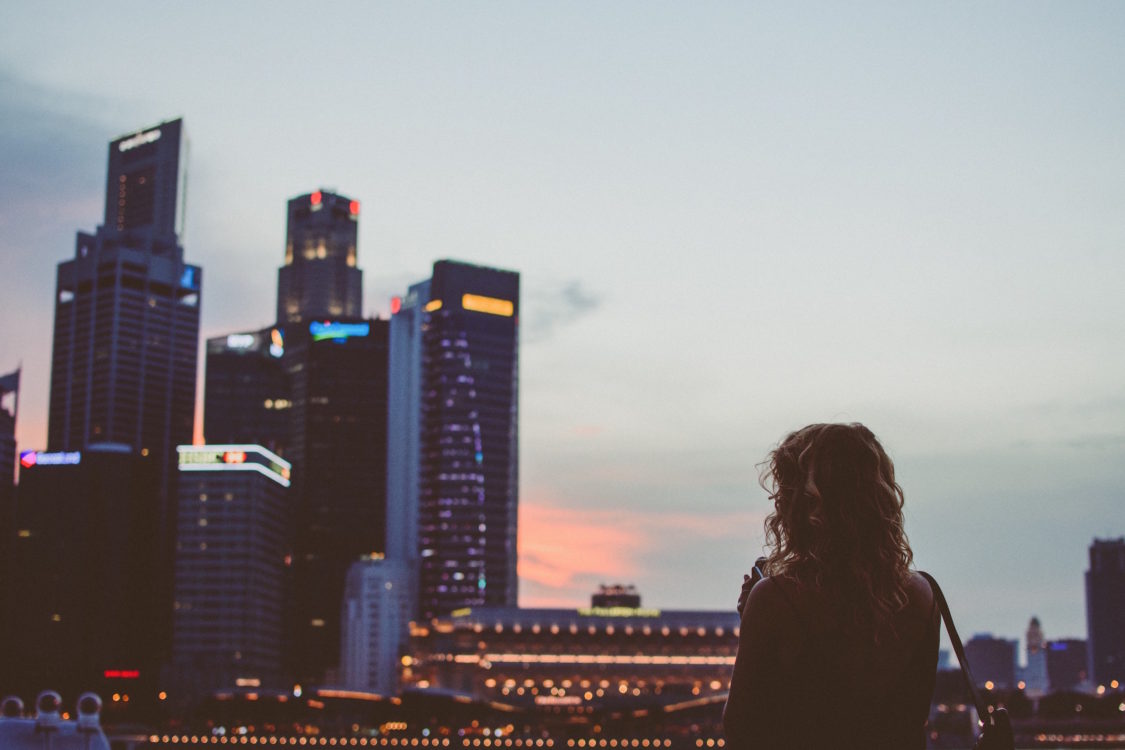
Back to School
It’s that time of year again! Returning to school will definitely be different this year, but there’s one thing that remains the same- there are tons of scholarship opportunities. There’s a common misconception that you have to have stellar grades to receive a scholarship. While there are many academic scholarships available, there’s plenty out there based on financial need, race, gender, academic programs, athletics, study abroad programs, and even cancer experience. Some are specifically for childhood cancer, young adult cancer, or specific types of cancer. Scholarships that are for students affected by cancer typically require a written statement or essay about how cancer has impacted your life, recommendations, and a note from a physician to confirm your diagnosis.
Remember, most scholarships have specific application deadlines. If you miss the deadline, keep it bookmarked and apply the following semester or year. Some scholarships have rolling deadlines, so you have the opportunity to apply all year long, but early applicants have better chances of being awarded funds.
Need tips on writing a scholarship essay? Check out SCHOLLY’s “Hot Tips for Writing a Winning Scholarship Essay” for guidance. Once you get those scholarships, be sure to send a thank you letter! Find examples here.
Scholarship Links:
General
($5,000) Cameron Siemers Foundation For Hope
($2,500) Baron & Budd
(Varies) Scott Delgadillo College Scholarship
(Varies) Kay/Moore Scholarship Fund
($10,000) Bristol-Myers Squib Scholarship for Cancer Survivors
(Varies) NCCF Survivor Scholarship Program
(2,000) Children’s Cancer Cause
Specific Eligibility
(Varies) Cancer Survivors’ Fund: offers financial aid to those needing prosthetics following cancer
($250 – $4,000) Cancer for College: offers college scholarships to amputees and cancer survivors
($2,500) Ulman Cancer Fund for Young Adults: provides a scholarship to young adults who were diagnosed or treated for cancer at age 15 years or older
($2,500) Matt Stauffer Memorial Scholarship: offers $2500 to college students currently fighting cancer or who were diagnosed and treated after the age of 15
($2,000 – $3,000) Michael A. Hunter Memorial Scholarship: offers an annual scholarship of between $2000 and $3000 to those affected by leukemia or lymphoma
(Varies) Nicki Leach Foundation: offers financial assistance to those who were diagnosed and treated for cancer between the ages of 18 and 30 years old
($3,000) Patient Advocate Foundation Scholarships for Survivor: offers scholarships for cancer survivors under the age of 25 and diagnosed within the past five years
($1,000 – $6,000) Tim & Tom Gullikson Family Support Fund: must be diagnosed with a primary malignant or non-malignant brain or spinal cord tumor prior to age 19
(Varies) Jackie Spellman Scholarship Foundation: provides scholarships to deserving students whose lives have been impacted by leukemia and lymphoma
($1,000) The John Foy & Associates Strong Arm Leukemia Scholarship: scholarship will be awarded to one college student who has battled leukemia or whose life has been affected by it
(Varies) Bone Marrow & Cancer Foundation: student must have undergone a transplant and demonstrates financial need
($500) The Izzy Foundation: diagnosed before the age of 18 with pediatric cancer
Scholarship Search Engines
Scholarships.com: Cancer Patient/Survivor (or Child of) Scholarships
Cappex.com: Cancer Scholarships
ACCO.org: Financial Aid for Students

The Lessons of Cancer
Cat Gawronski teaches us the lessons she learned on her personal journey as an AYA living with cancer.
I was diagnosed with leukemia when I was 22, right in the middle of graduate school.
Having cancer was not personally the terrible experience that I believe most people picture when they think about being diagnosed with cancer. I really looked at having leukemia as a learning experience, especially because I am going into the medical profession. Even when diagnosed, I was honestly relieved that there was finally a reason why I had been feeling sick for so long.
Having a diagnosis was like having a goal for me — knowing that leukemia was something that I could beat.
There were certainly some bumps along the road, like having a reaction to chemo, getting hospitalized right before finals week, and missing exams. And, not being able to graduate with my friends this past year was probably the most disappointing moment through my treatment. However, I would say with certainty that the positive experiences outweigh the negatives.
My relationships with my friends are just as strong, if not stronger now than they were before I had cancer, and I even made some new friends in the process. I was able to convince my family that I needed a dog. I learned a lot about love and sacrifice from my family. And I found that I am really passionate about helping other young adults with cancer.
I really do believe that everything happens for a reason — I had cancer so that I could help somebody else.
-Cat Gawronski
I recently finished chemo, and I am not sure what I was expecting because when I think about what cancer looked like in my mind before all of this, I don’t think “post-cancer” was anything I ever envisioned. It certainly isn’t ever portrayed on TV or in the movies. The only thing I can really relate having leukemia to is to running a half marathon. When you start the race, you are thinking about the end goal, of finishing, but aren’t thinking about after. When you start the race, you think about making it to small milestones, like the first 3 miles (or the end of your first cycle of chemo). Next is the half way point which is a boost (for me this was getting to go back to school). Your legs are tired, but you don’t notice because you are so focused on making it to the finish line. Then, you only have a mile or two left when you are really fatigued — but you don’t really notice because you know you’re almost at the end (knowing that you only have a few procedures left).
Finally, you cross the finish line and you stop running. And it hits you: your toes all have blisters, your calves are burning, your mouth is dry, and you are exhausted. You have met your goal, so you don’t have anything to focus on and you finally feel the weight of the 13.1 miles you just ran.
This is what it was like to finish chemo. I got to the end, which was such a great feeling, but I finally realized how tired I was.
It finally hit me what I had just been through over the past 29 months.
I don’t know if I thought my life was just going to magically go back to how it had been before cancer…but I honestly feel kind of weird. Being post-treatment now, I feel like I need to re-learn what “normal” is again. This has been a lot more difficult than it was to adjust to having cancer.
However, I know if I look at this through the lens of my cancer — an experience to learn and grow from — I will be able to take something from it and help others try to navigate “normal”.
If I’ve learned anything so far, it’s that cancer might leave you physically, but it never really goes away. Every day I have a choice to let that impact be positive or negative.
Finding the positives aren’t always easy. But, because of all of this, I definitely choose to try to see the good in every situation, see the beauty in the world around me, and see how I can be a better person and use what I’ve learned to positively impact others.
About the Author
 Cat Gawronski is one of our 13thirty participants! She was diagnosed with cancer in 2015 and has recently finished treatment. She is in her last year of pharmacy school at University at Buffalo.
Cat Gawronski is one of our 13thirty participants! She was diagnosed with cancer in 2015 and has recently finished treatment. She is in her last year of pharmacy school at University at Buffalo.

